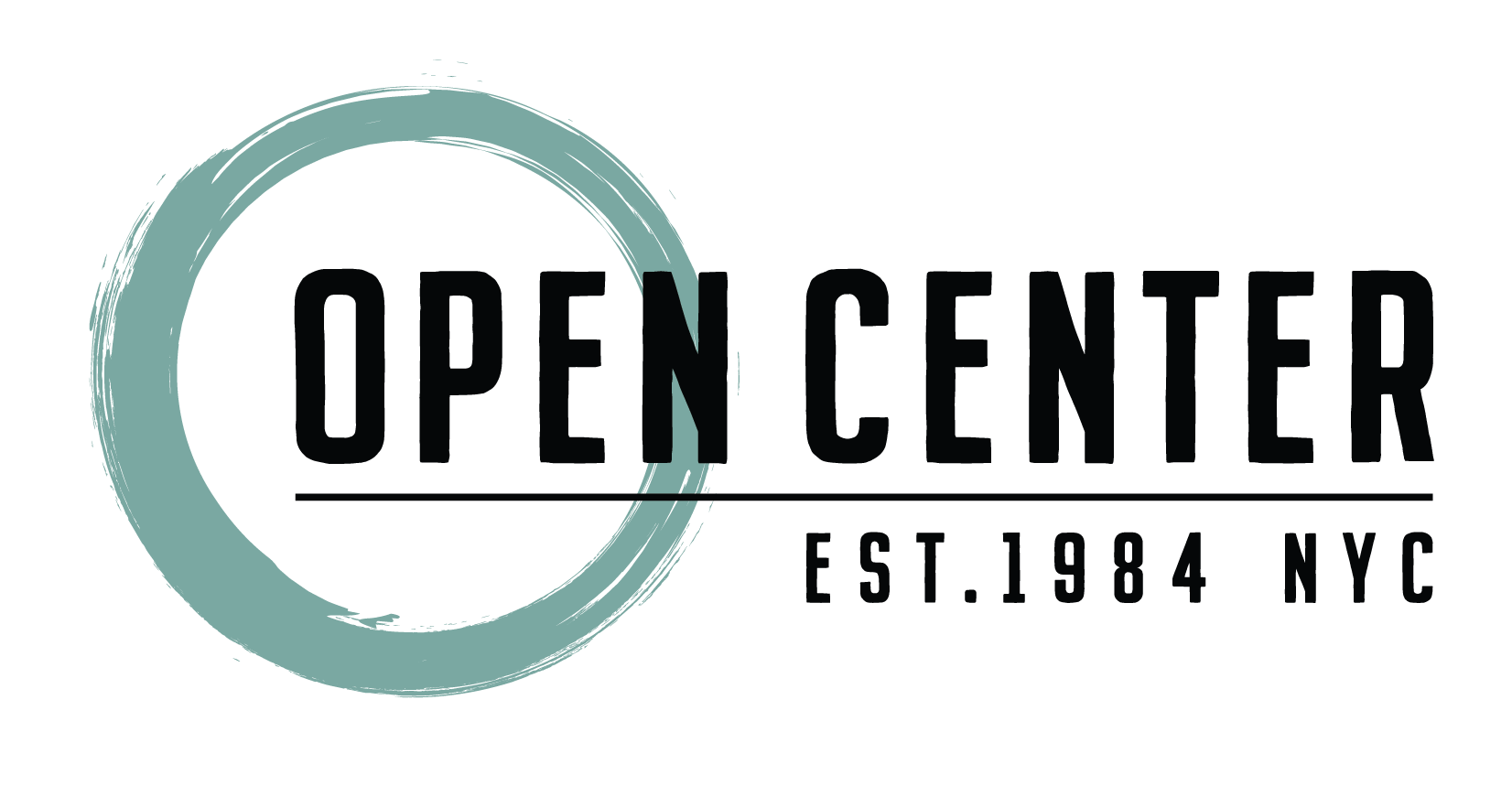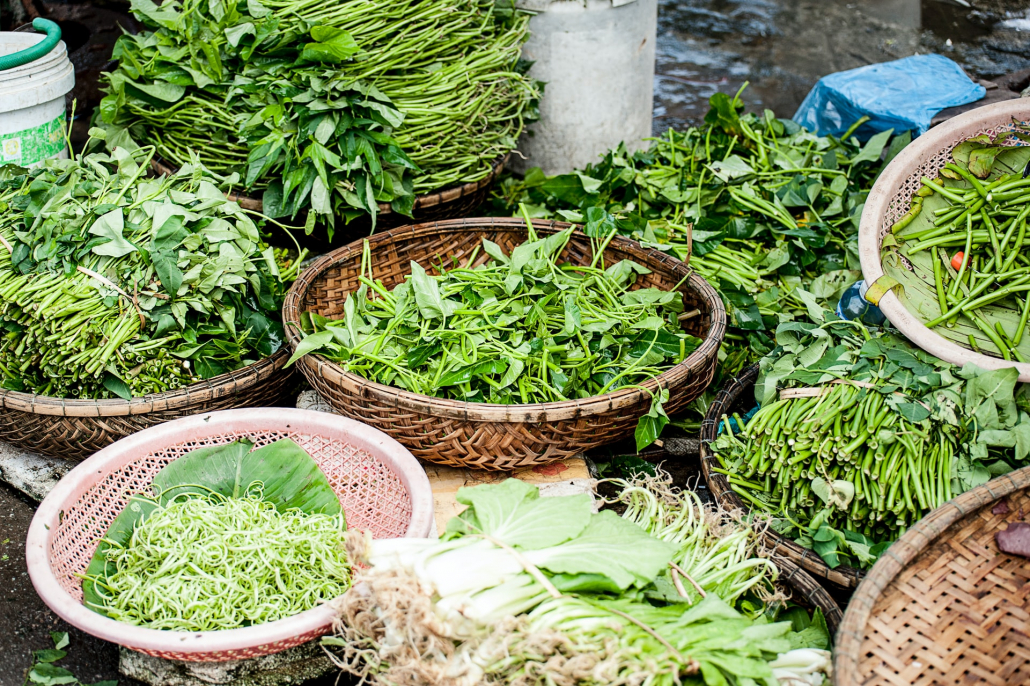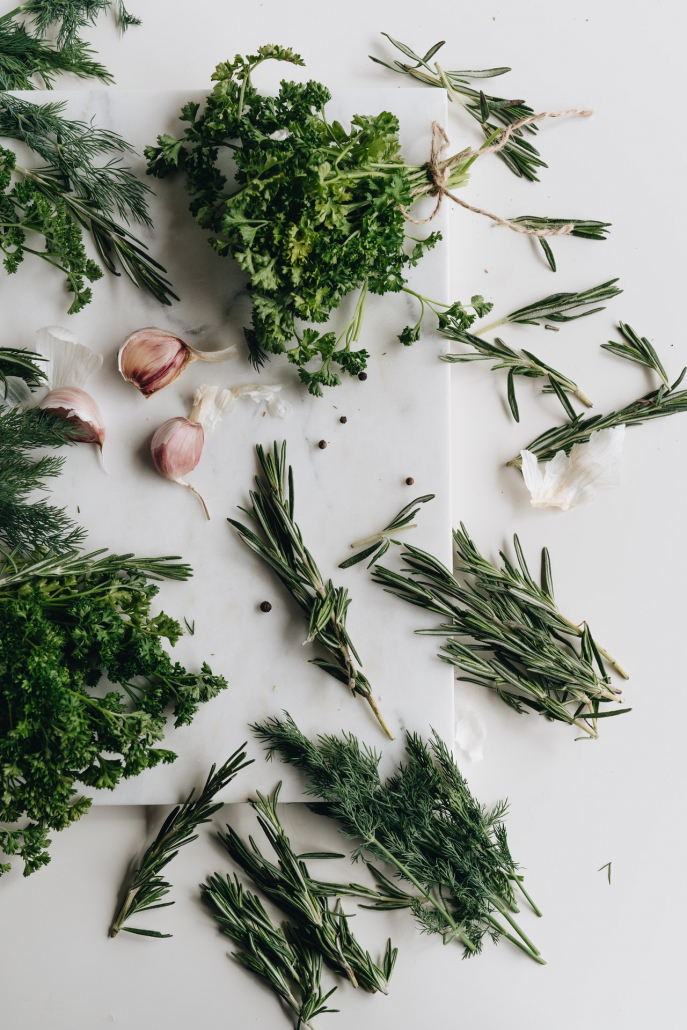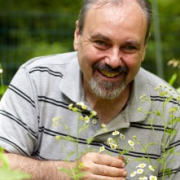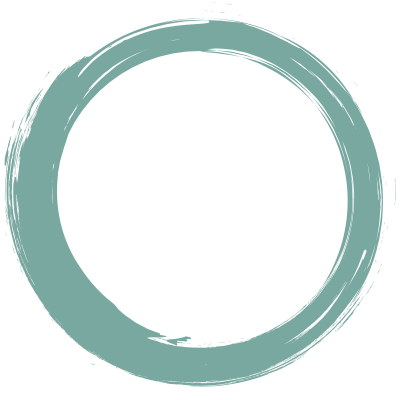By David Winston
From the 1930s through the 1970s in the United States, we experienced what I call the “Herbal Dark Ages.” This is a time when the use of herbal medicine vanished from mainstream American culture and the wisdom of our ancestors was lost. Only in a small number of rural and ethnic communities was this knowledge maintained and retained.
In the late 1960s and early 1970s, a revival of interest in natural foods, organic gardening and alternative health care helped usher in a renewed enthusiasm for Herbal Medicine. This has grown exponentially over the last 40 years, and the herb/nutritional supplements industry has boomed.
In some ways this is good. I no longer get calls asking “What is this herb Ek-in-ec-ee-a?” (they meant Echincaea). But in other ways, we still have far to go. While certain medicinal plants have become popular, such as St. John’s wort, Turmeric, Saw Palmetto, Black Cohosh and Maca, herbal medicine has not. Most Americans believe that herbal medicine is taking St. John’s wort instead of Prozac. This is not Herbal Medicine; it is the allopathic use of herbs. The idea that an herb is good for a disease is patently untrue.
How many of us have been told that Black Cohosh is the menopause herb, or that Saw Palmetto is the prostate herb, or St John’s wort the depression herb? While this is great for marketing purposes, it is not accurate, and, in many cases, will lead people to conclude that herbs don’t work. The fact is great Herbalists do not treat disease; we treat people.
